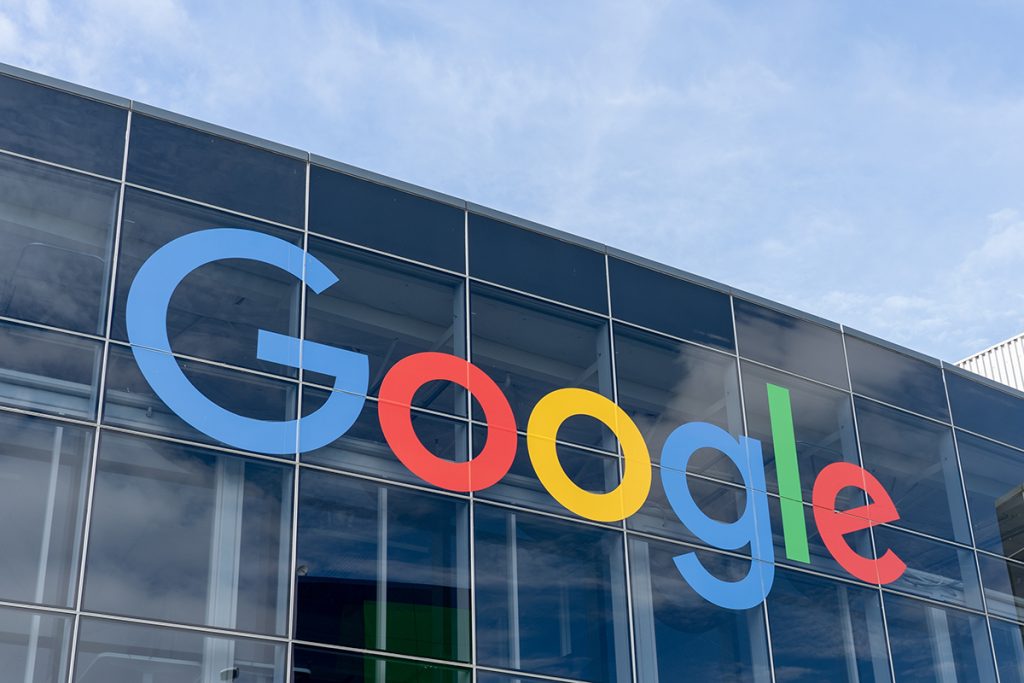Google is currently embroiled in a significant antitrust case, facing accusations from the Justice Department that it has unlawfully monopolized the online search industry. The case, which commenced during the Trump administration, centers on Google’s alleged manipulation of contracts to ensure its search engine is the default option on millions of devices and browsers globally.
At the core of the issue is Google’s relationship with Apple. Google reportedly pays Apple billions annually to secure its position as the default search engine on Apple’s Safari browser, primarily used on iPhones. By May 2021, these payments had exceeded $1 billion per month, totaling a staggering $20 billion in 2022 alone.
The Justice Department argues that Google’s contracts with Apple and other device manufacturers have created an insurmountable search business, allowing Google to collect vast amounts of data on user search habits. This data, according to the DOJ, gives Google an unfair advantage, enabling it to continuously improve its search engine at the expense of fair competition.
Google, however, maintains that consumers choose its search engine because it offers the best service, not because of any anticompetitive behavior. The company also argues that its search engine supports its Android operating system, which competes directly against Apple’s iOS. Google asserts that Apple had the freedom to choose a different default search partner if it desired.
District Judge Amit Mehta, overseeing the trial, has remained impartial, expressing uncertainty about his ultimate decision. He has raised questions about the feasibility of competitors displacing Google’s dominant position, suggesting that the Sherman Act, a key US antitrust law, may be concerned about such barriers to entry.
A ruling against Google could have wide-ranging implications for the tech industry. Apart from potential penalties, the case could set a precedent for future antitrust cases involving other tech giants.
The outcome of this case could revolutionize how millions of Americans search for information online and could reshape the high-stakes battle for dominance in artificial intelligence. Google’s extensive use of search data to enhance its AI models has also come under scrutiny, with Microsoft arguing that Google is trying to leverage its search data advantage into an AI advantage.
As the case reaches its conclusion, the tech industry is eagerly anticipating Judge Mehta’s decision. If he finds Google at fault, it will lead to a separate proceeding to determine what penalties the tech giant may face. The implications of this case are profound, and its resolution could have a lasting impact on the future of online search and competition in the tech industry.


